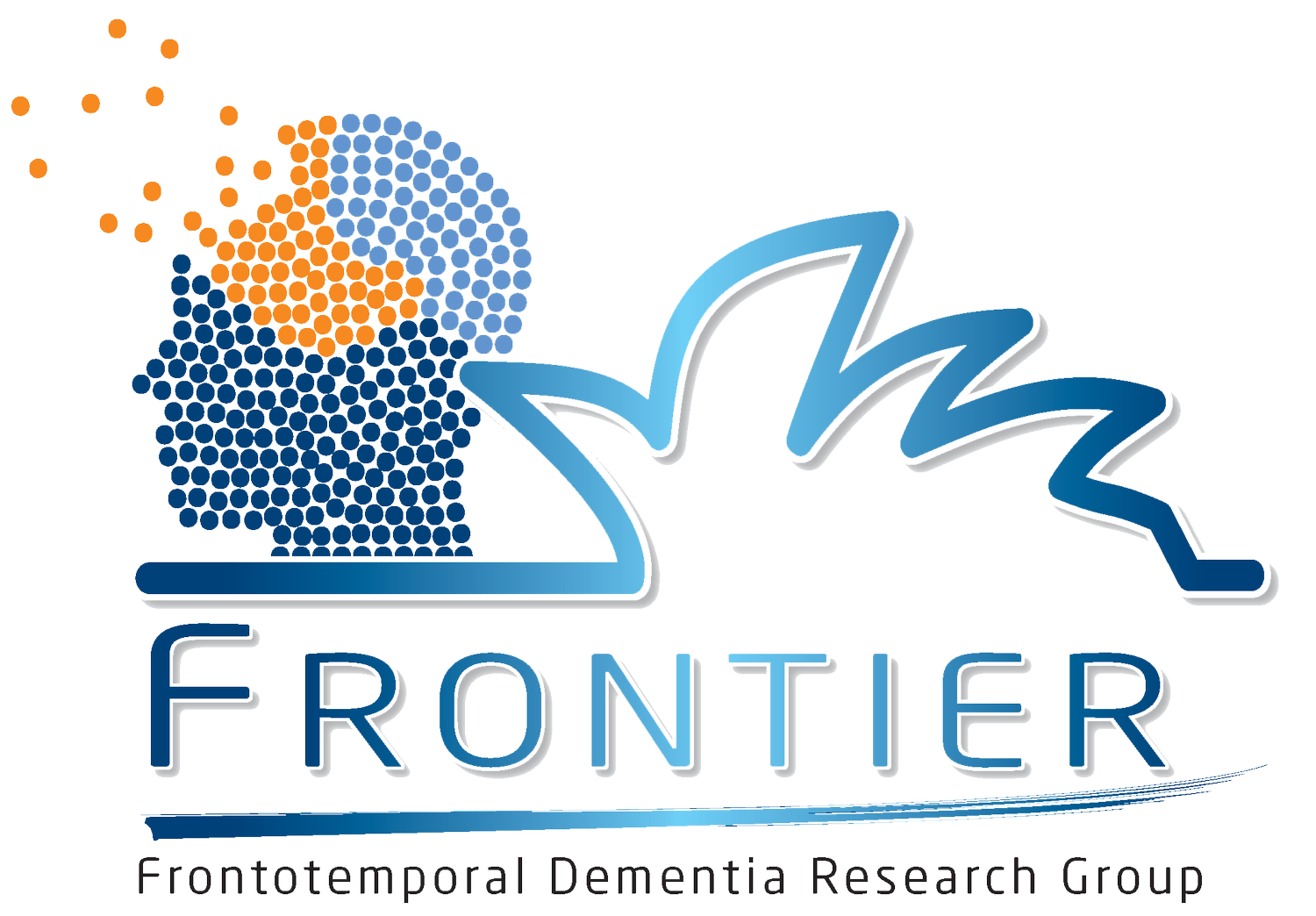
Participating in Clinical Trials
Currently, there are no approved disease-modifying treatments for FTD, meaning there are no therapies available that can slow or stop the progression of the disease. However, several promising clinical trials are underway, aiming to target the underlying biological processes—such as abnormal protein accumulation—that contribute to FTD. These trials include efforts to develop drugs that reduce protein build-up, gene therapies for inherited forms, and treatments to protect brain cells from damage.
Here are a list of available websites you can visit to find current clinical trials:
Run by the Australian Government.
Great for patients and families to understand the process of joining trials.
Educational resources.
Clinical trials and observational studies across all dementia types.
Different study types (overservational, treatments, brain/tissue donation).
Educational resources.
Symptom Management and Support
-
Medications may be prescribed to help manage symptoms. For example, antidepressants or mood stabilisers can reduce behavioural symptoms such as impulsivity or irritability. Antipsychotic medications may be used cautiously to manage agitation, though potential side effects mean these are prescribed carefully.
-
Speech and language therapy can assist those with communication difficulties, especially in language variants—SD and PNFA. Therapy may include exercises to improve word-finding, speech production, and use of alternative communication methods such as gestures or communication apps.
-
Occupational therapists support individuals to maintain independence with daily activities such as dressing, cooking, and personal care. They also recommend home modifications to improve safety and accessibility.
-
For FTD syndromes that include movement difficulties—such as CBS and PSP—treatment focuses on symptom relief through physical therapy and strategies to maintain mobility and safety. Unlike Parkinson’s disease, motor symptoms in FTD often respond poorly to standard Parkinson’s medications, so accurate diagnosis and tailored management are crucial.
-
Strategies and therapies can help manage challenging behaviours and support emotional wellbeing. Carers benefit from education about FTD, support groups, counselling, and respite care to help manage the physical and emotional demands of caregiving.
In the absence of disease-modifying therapies, management focuses on managing symptoms and maximising quality of life. Treatment plans are tailored to the individual and often involve a multidisciplinary approach, including:
While there is currently no cure for FTD, this comprehensive, person-centred approach aims to maximise quality of life for individuals and their families.
Our team is actively involved in research and clinical trials that aim to deliver more effective treatments in the future. Visit Our latest research under About us to learn more.
For more information on behaviour management support and caregiver support visit Support services.
For more information on our speech therapy program, visit Participate in speech therapy research under Get involved.

